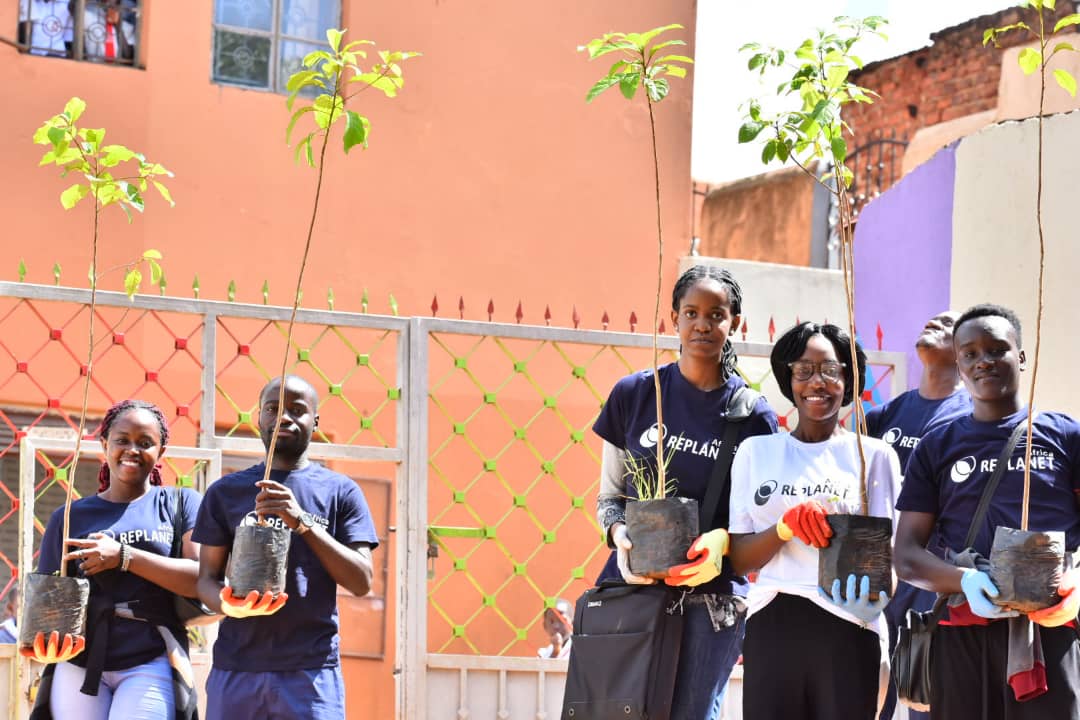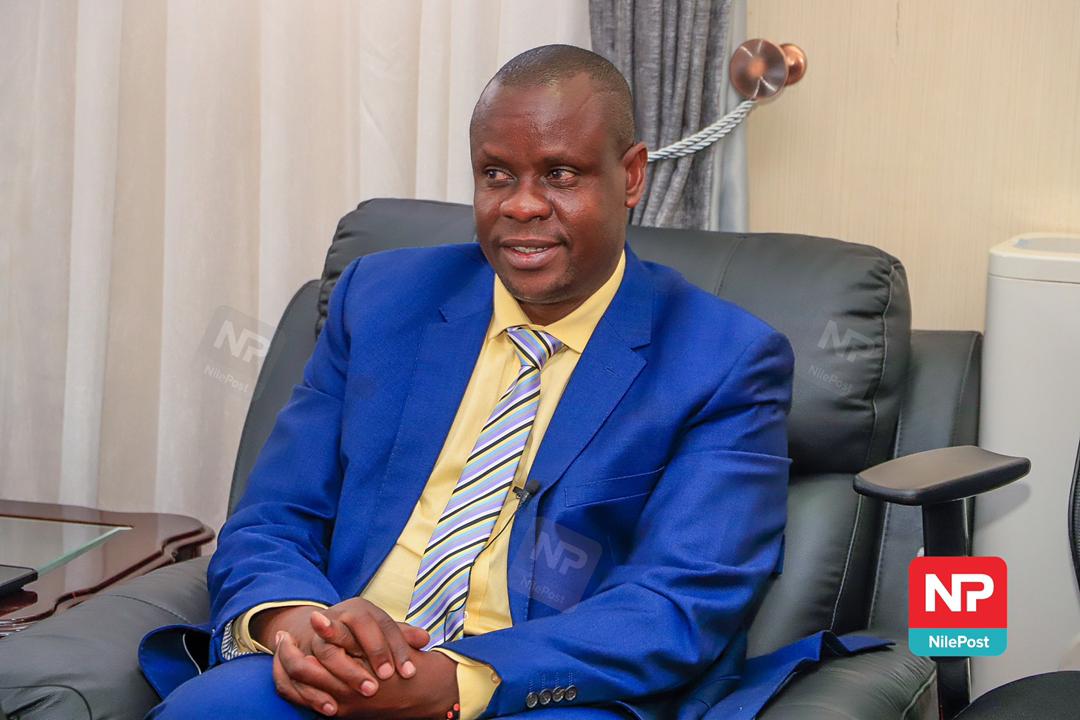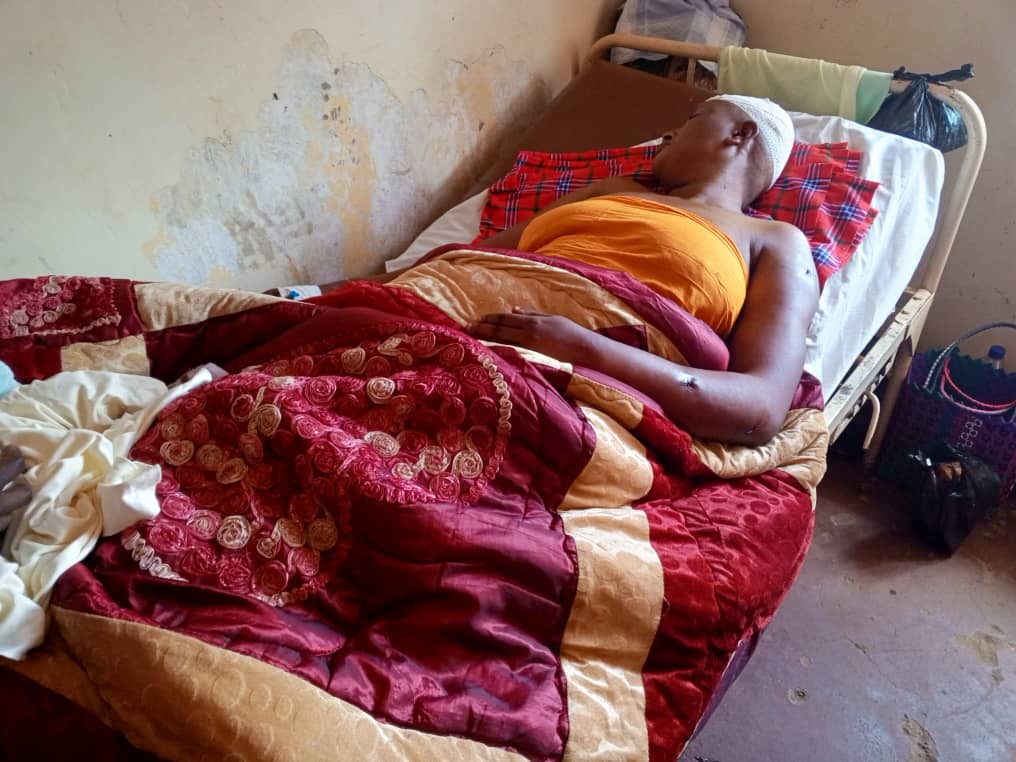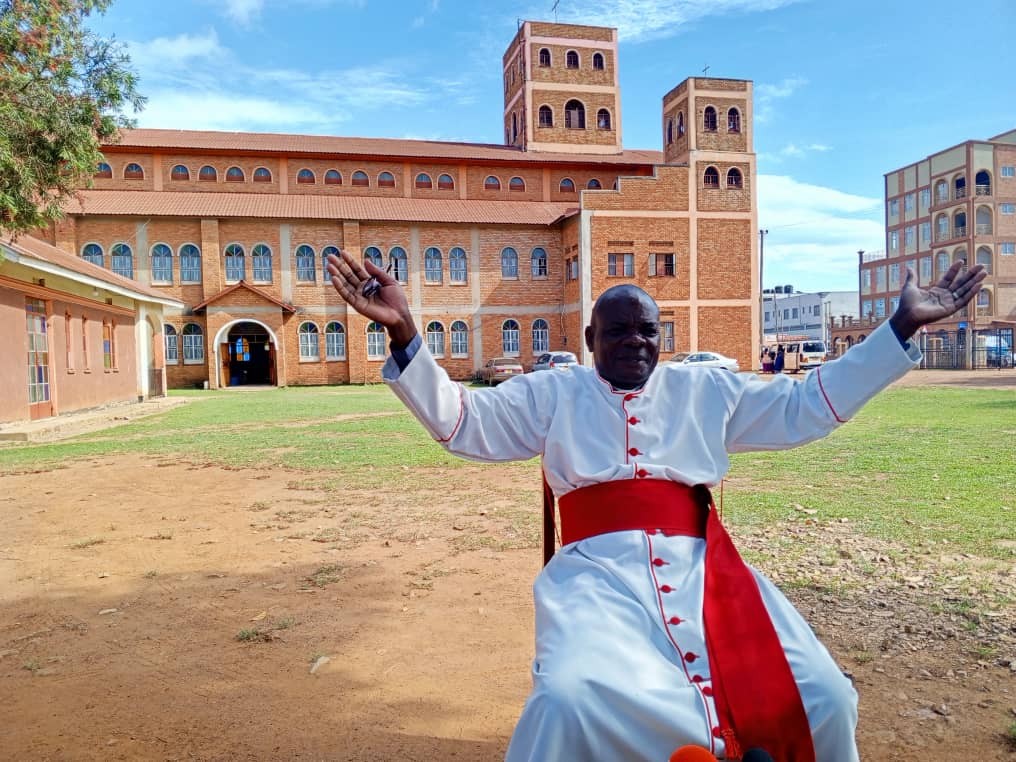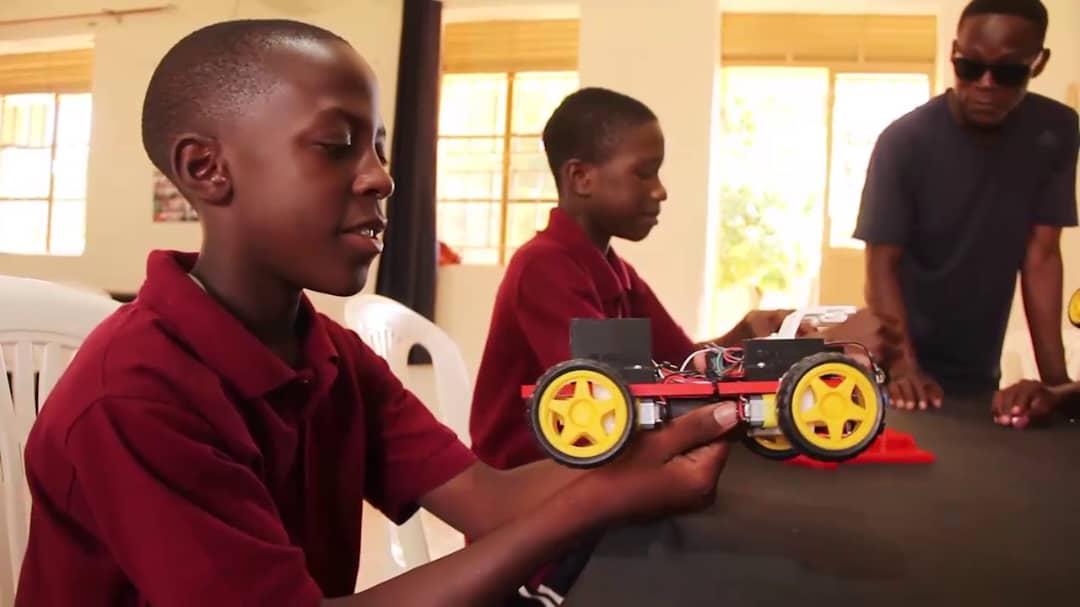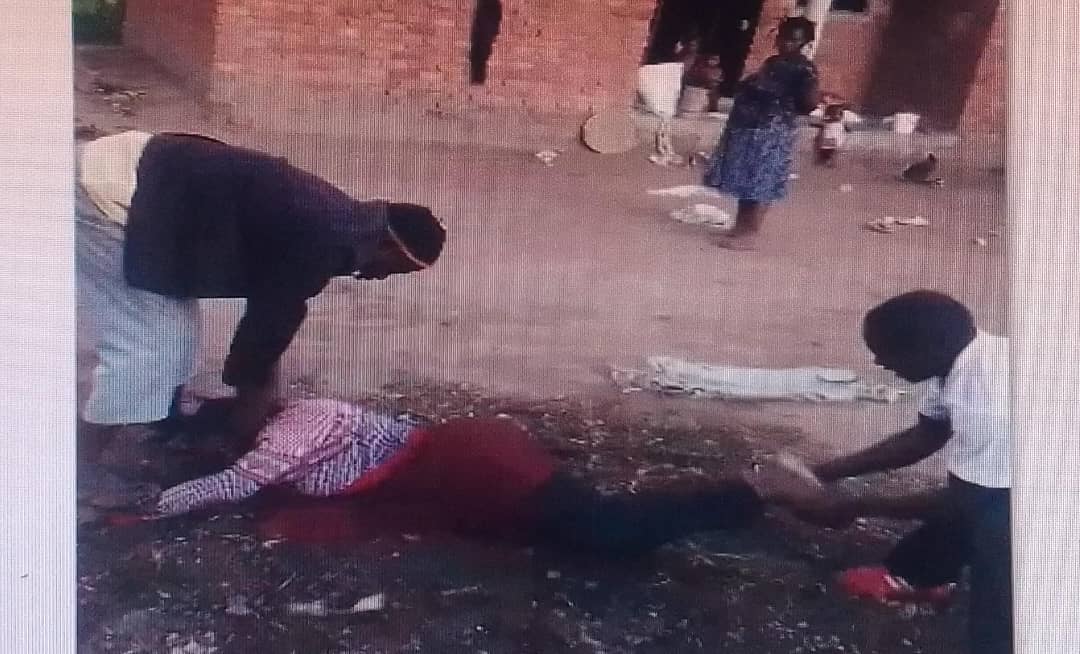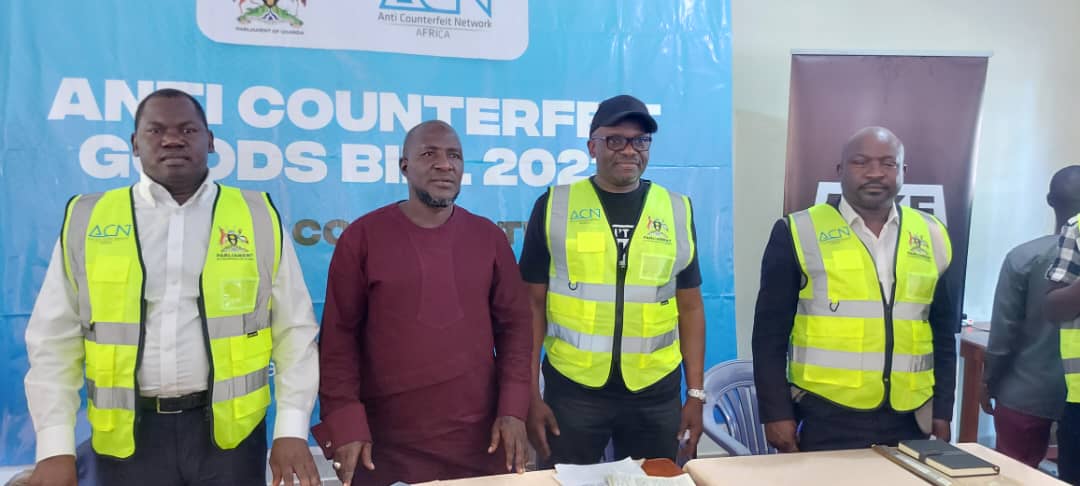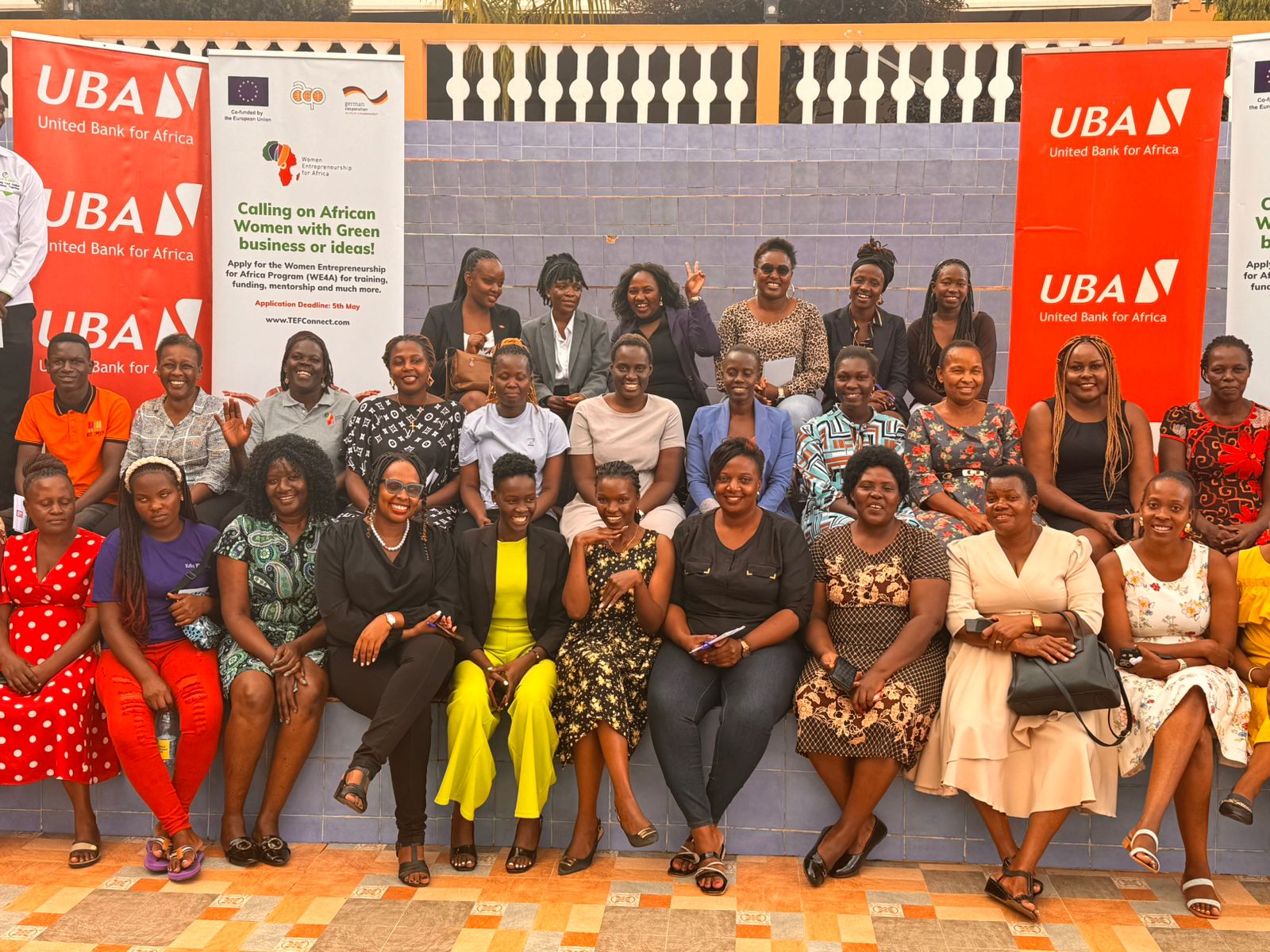Ethiopia declares humanitarian truce in Tigray war
Ethiopia's government has declared a "humanitarian truce" in its 16-month conflict with forces from the northern Tigray region.
The civil war has left more than five million people needing food aid, yet none has been delivered to Tigray since mid-December.
The announcement follows a visit to Ethiopia by US Special Envoy for the Horn of Africa David Satterfield.
The Tigrayan forces have yet to respond to the government's move.
The head of the World Health Organization (WHO) Tedros Adhanom Ghebreyesus, who is from Tigray, has described the situation there as "catastrophic" and accused the Ethiopian government of preventing aid from getting through.
Ethiopia accuses the Tigray People's Liberation Front (TPLF) of stopping supplies from reaching those in need.
There have been reports from the region that people are dying from hunger or the lack of medical supplies.
In January, the World Food Programme said that almost 40% of Tigrayanswere suffering from what it called "an extreme lack of food". It also found that half of all pregnant and breastfeeding women were malnourished.
In its statement on Thursday, the government said that the truce was "indefinite" and "effective immediately", but added that it would only improve the lives of people in the north of the country if the move was reciprocated.
It called on the Tigrayan forces to "stop further aggression and withdraw from areas they have occupied in neighbouring regions".
Fighting broke out in November 2020 following months of tension between the federal authorities and the TPLF, which governed Tigray.
Within weeks, Prime Minister Abiy Ahmed said the conflict was over when federal forces took the regional capital Mekelle. But the TPLF later fought back and regained control of much of Tigray.
When the rebels retook Mekelle last June, Mr Abiy declared a unilateral ceasefire. But the TPLF said it would not observe this unless it was recognised as the legitimate authority in Tigray.
The protracted conflict has led to thousands being killed and left a humanitarian disaster in its wake.
The government now says that it hopes the truce will "pave the way for the resolution of the conflict... without further bloodshed".


It's a statement that appears to give hope and promise. But it indicates the intention of only one side in Ethiopia's 16-month conflict to let desperately needed humanitarian aid flow.
The TPLF's response, which is yet to be articulated, will be key. But it's not that simple. There are other forces and militia that have been sucked into the civil war. Trouble in the Afar region, for instance, has rendered an important transport route into Tigray impassable.
Humanitarian organisations have relentlessly pushed for access into the north, where millions of people struggle for food, medical supplies and other basic necessities. That the announcement comes shortly after the US special envoy to the Horn of Africa met senior government officials in Addis Ababa may also indicate a shift in stance within the country's leadership.

Source: BBC





